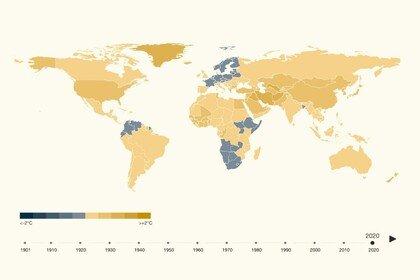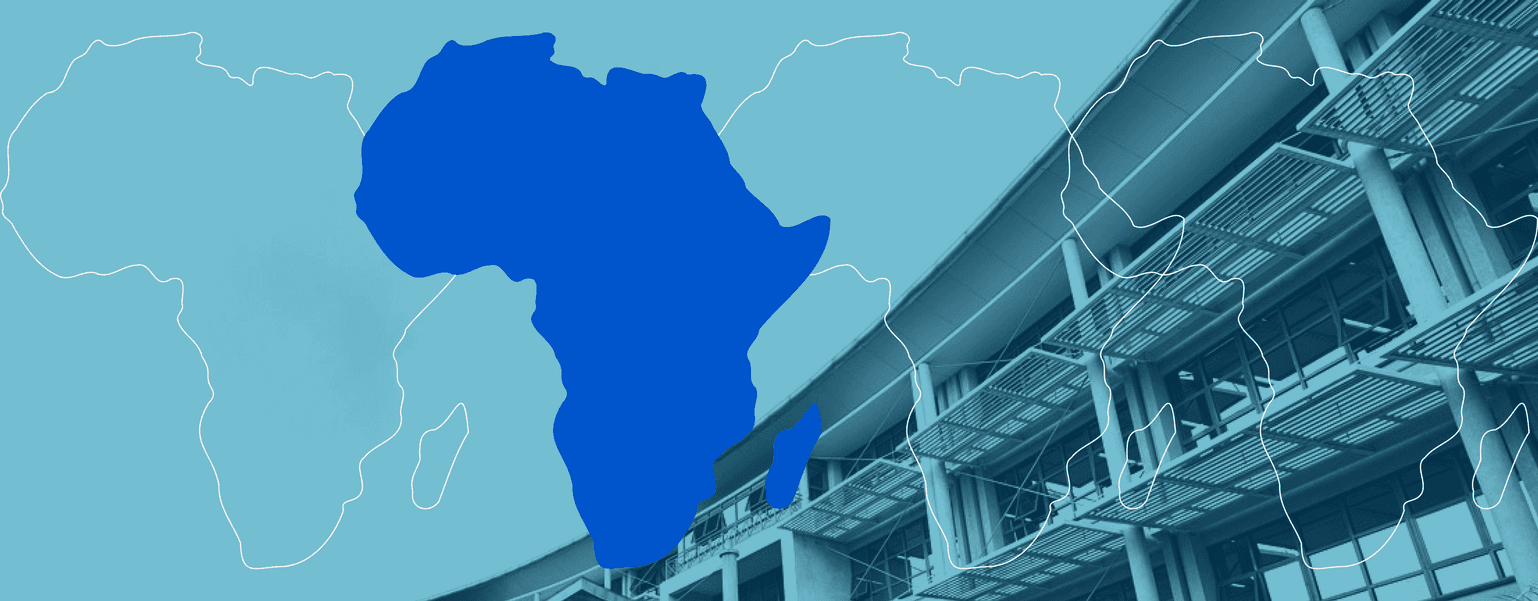
Using the power of big data for health and wellbeing across Africa
Diversity in data is key to improving health and wellbeing globally. That’s why we’re funding a team of researchers in Africa to plan and use the largest population data initiative in the continent to date.
A group of funders led by Wellcome have commissioned, through an open competitive process, an African-led team to design an ambitious initiative.
The team will plan a network of large longitudinal population studies – studies which track the health of a large group of people over time – across Africa that builds on existing infrastructure and capacity and creates resources where gaps are evident.
This initiative, provisionally named the African Population Cohort Consortium (APCC), will inform Africa’s specific health needs and will enable the next phase of scientific discovery utilising African diversity for global health benefit. A team co-led by Kobus Herbst and JP Ochieng’-Odero is embarking on an 18-month adventure that will galvanise expertise across the continent. They will design what the APCC will look like and what it will deliver, supported by the power of the largest population data initiative in Africa to date.
"Our vision is to harness the huge opportunity of population cohorts and diversity in Africa to champion new and innovative multidisciplinary engagement and research for positive impact on the health and wellbeing of communities in Africa."
Increasing diversity in science benefits health
Our understanding of health and how to improve it is hindered because we use evidence that isn’t based on the full range of human diversity.
This lack of diversity in data sources applies to most scientific disciplines, not just genomics. The range of exposures, the types of behaviours and socioeconomic determinants we study in WEIRD (Western, Educated, Industrialised, Rich and Democratic) populations is extremely narrow in relation to the human experience across the planet. We lack crucial data to understand the full range of disease mechanisms, to inform risk prediction, prevention measures or development of new drugs and therapies that are relevant to populations beyond those living in high-income countries.
By missing the full range of variability in our observations, we have limited the ability to realise scientific ‘discovery’. Diversity is a key advantage for Africa. The continent houses the greatest diversity on the planet and experiences a wide range of variability in critical exposures that are key to informing some of the most pressing global health needs – for example, the effects of climate change.
Bridging the global health data gap
In addition, the disease burden experienced in Africa is unparalleled. The burden of non-communicable diseases (hypertension, diabetes, cardiovascular, respiratory diseases, and mental health problems) is rapidly increasing alongside existing high levels of chronic infectious diseases such as HIV/AIDS and tuberculosis, and emerging infectious diseases, all coexisting with malnutrition.
Tackling this unprecedented triple burden requires timely and robust population-level data. The data and interventions designed in high-income countries cannot inform Africa’s health needs. The data from this initiative has the potential to herald a scientific transformation across Africa and the world, driving novel causal insights with global relevance and informing African-specific interventions to improve health and social outcomes.
Understanding the population, environmental and cultural diversity, as well as the complexity, of Africa will support improved health and development for African populations. It will also exponentially increase our understanding of health and wellbeing globally. The African Population Cohort Consortium aims for African researchers to lead the next phase of scientific discovery, that data generated in Africa will enable.


